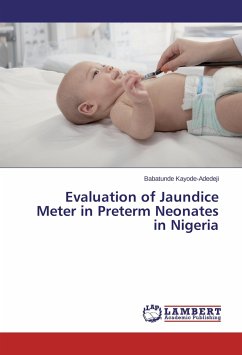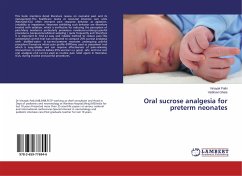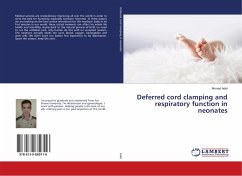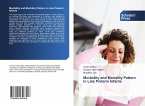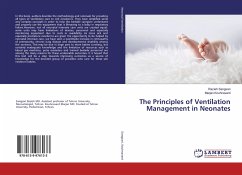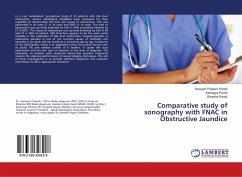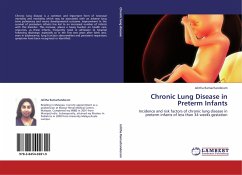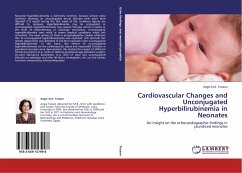Neonatal Jaundice (NNJ) is common, particularly in preterm neonates. The objective assessment of the severity of NNJ is Total Serum Bilirubin (TSB) determination, and requires drawing multiple blood samples for monitoring. This has inherent limitations, particularly in preterm babies. There is therefore, the need for a reliable non-invasive method of assessing and monitoring the severity of NNJ which reduces the frequency of blood sampling. Transcutaneous Bilirubinometry (TcB) can meet this need but there is a paucity of data on its relationship with TSB in preterm neonates. The aim of the present study was to evaluate the usefulness of TcB in assessing severity of jaundice in preterm neonates using the Jaundice Meter (JM-103). It is concluded that there is a strong correlation between TSB and TcB levels, which is not significantly affected by gestational age, birth weight, TSB levels or phototherapy. The use of TcB in preterms will drastically reduce the frequency of blood sampling for monitoring NNJ.
Bitte wählen Sie Ihr Anliegen aus.
Rechnungen
Retourenschein anfordern
Bestellstatus
Storno

